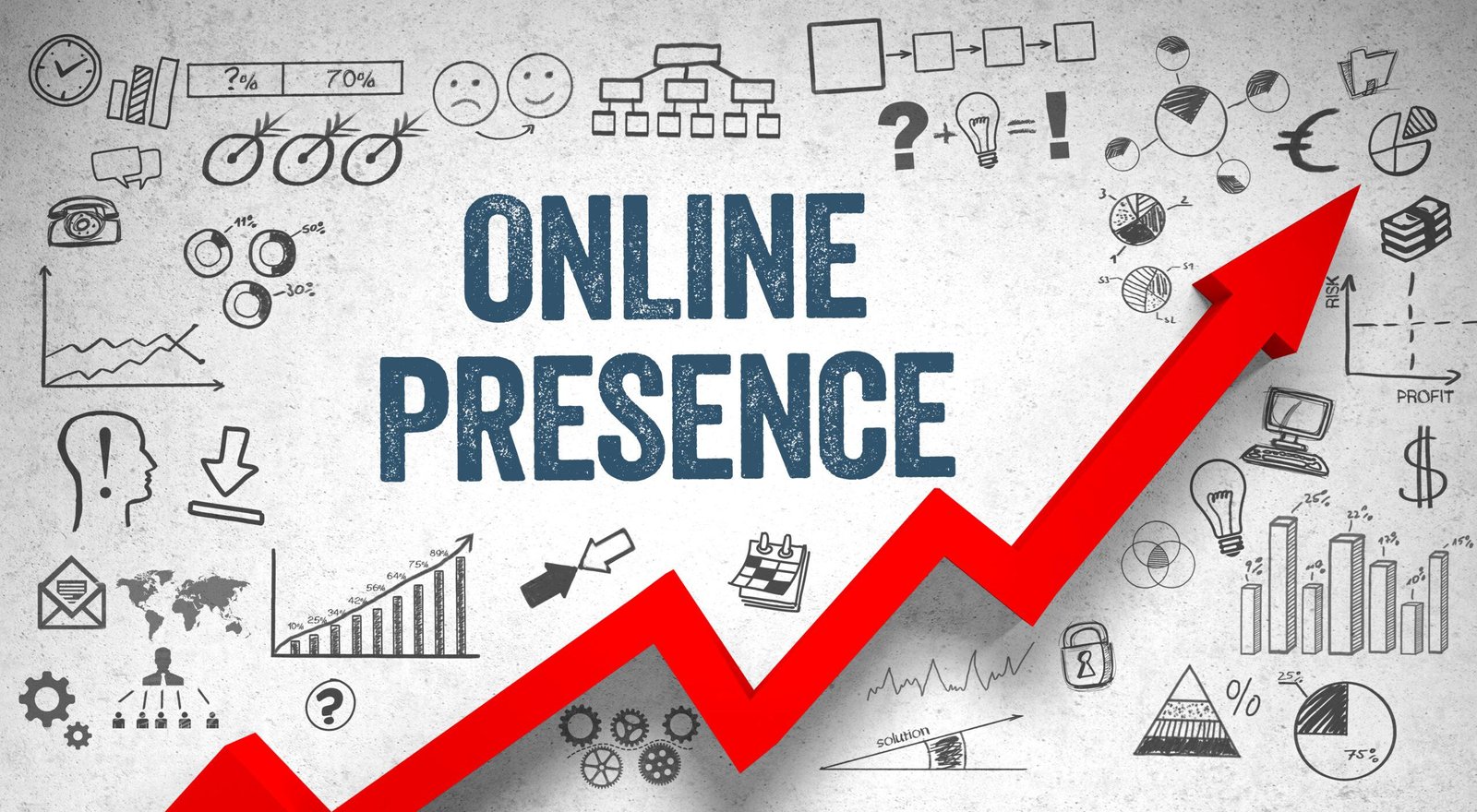8 Most Effective Tools of Reputation Management for Emerging Brands
Reputation Management: Who needs it and Why?
Reputation management is the monitoring and implementation of strategies based on the public perception of a brand. It is important for brands to have a good reputation in order to be successful. Managing their reputation online can be beneficial for businesses that have an online presence, even if they don’t consider themselves as primarily online. Potential customers may search for the business on online platforms; like social media or Google Business Profile, to read reviews and comments from previous customers, which can influence their decision to engage with the business. Hence, maintaining a positive online reputation is important for all businesses, regardless of their size or primary mode of operation.
Ever since Wikipedia opened its gates for the public to add to or edit its content after approval under its terms of use, brands have started to avail of Wikipedia page creation services through Wikipedia page creation agency as the vast majority of people trust the site immensely. There are many different ways to manage the reputation of a brand. Hereunder most of uses the most effective tools are mentioned below.
- Social Media Management
Social media management is important for brands as it can help increase their visibility, build brand reputation, target specific audiences with advertising, provide valuable insights and analytics, enhance customer engagement, and provide a competitive advantage. Effective social media management can help brands connect with customers, build a strong brand presence, and ultimately increase sales. By leveraging social media platforms, brands can create a unique and engaging online presence that resonates with their target audience.
- Search Engine Optimization (SEO)
Search engine optimization (SEO) is crucial for brands to improve their visibility, increase website traffic, and build a strong online presence. While SEO may take time to produce results, the benefits can be long-lasting. By investing in SEO, brands can build a strong online presence that will continue to drive traffic and sales for years to come. Effective SEO strategies can enhance user experience, improve brand credibility, and provide cost-effective, long-term results. By optimizing their website for search engines, brands can reach new customers and establish themselves as trustworthy and credible source within their industry.
- Paid Media Marketing
Unlike other forms of marketing that may take time to produce results, paid media marketing can produce immediate results, allowing brands to quickly increase website traffic and sales. Paid media marketing involves using paid advertising, such as PPC advertising, social media advertising, and sponsored content, to promote a brand or product. Paid media marketing is important for brands because it can increase brand awareness, provide targeted advertising, produce immediate results, offer flexibility, and provide measurable results. By optimizing their paid media marketing strategy, brands can reach new audiences, generate more leads and sales, and increase their overall ROI (return on investment).
Read More: Get the Most Out of Your Marketing Strategy with a Marketing Automation Agency
- Review Management
Effective review management involves monitoring and responding to online reviews and feedback from customers to improve a brand’s reputation, build customer loyalty, and increase sales. Key steps for effective review management include monitoring reviews and feedback, responding to reviews promptly and professionally, encouraging reviews, addressing negative reviews with empathy and a willingness to make things right, and promoting positive reviews across all marketing channels. Through effective review management, brands can demonstrate their commitment to customer satisfaction and build a strong online presence.

- Monitoring Brand Mentions
Brands should monitor their mentions across the internet to maintain their reputation, address customer service issues quickly, gain insights into competitors, and optimize marketing campaigns. By using social media listening tools, Google Alerts, and brand monitoring software, brands can track what people are saying about their products, services, and overall reputation. Monitoring mentions can help brands stay ahead of the competition, build customer loyalty, and maintain a positive brand reputation. Brands should vigilantly monitor their mentions across the internet to stay on top of what people are saying about their products, services, and overall reputation.
- Addressing Reputation Attacks
All business reputation management services are susceptible to online reputation attacks, which can include creating false negative content, posting bad reviews on multiple platforms, and using negative SEO tactics to push a competitor’s website off search engine results pages. Reputation attack monitoring is a key component of reputation management that aims to identify these attacks and minimize their impact. Brands can use online reputation management services to monitor mentions, reviews, and SEO, and address inauthentic negative mentions and reviews by publicly acknowledging them as false. Negative SEO attacks can be identified through an SEO audit, and any suspicious backlinks can be disavowed directly through Google. By taking action quickly, businesses can mitigate the damage caused by online reputation attacks and maintain a positive reputation online.
- Strengthening Public Relations
Public relations (PR) is important for brands as it helps them to manage their reputation and build relationships with their target audience, stakeholders, and the media. A strong PR strategy can help a brand to increase its visibility and credibility, establish itself as a thought leader in its industry, and generate positive publicity. Brands can strengthen their PR efforts by creating a clear messaging strategy, identifying their target audience and the media outlets they consume, building relationships with key influencers and journalists and creating and distributing high-quality content that adds value to their audience. Brands should also monitor their reputation, respond quickly and effectively to negative feedback, and measure the impact of their PR efforts to continually improve their strategy.
- Reputation Marketing
Reputation marketing is the practice of promoting and leveraging a positive reputation to enhance a brand’s credibility and attract new customers. It involves using customer feedback, reviews, testimonials, and other forms of social proof to build and enhance a brand’s reputation.
Reputation marketing is important for brands because consumers today are more likely to make purchasing decisions based on a brand’s reputation and online presence which can set a brand apart from its competitors. By actively promoting and managing their reputation, brands can attract more customers, build loyalty, and increase sales. Reputation marketing can also help brands to build trust with their audience, establish themselves as thought leaders in their industry, and improve their search engine rankings.
Conclusion
Reputation management is important for businesses to maintain a positive online reputation as potential customers often rely on online reviews and comments to make a decision about whether to engage with the business. There are many other strategies for reputation management, including review monitoring, public relations, and search engine optimization.
Read More: Chops of Business Intelligence Judges




